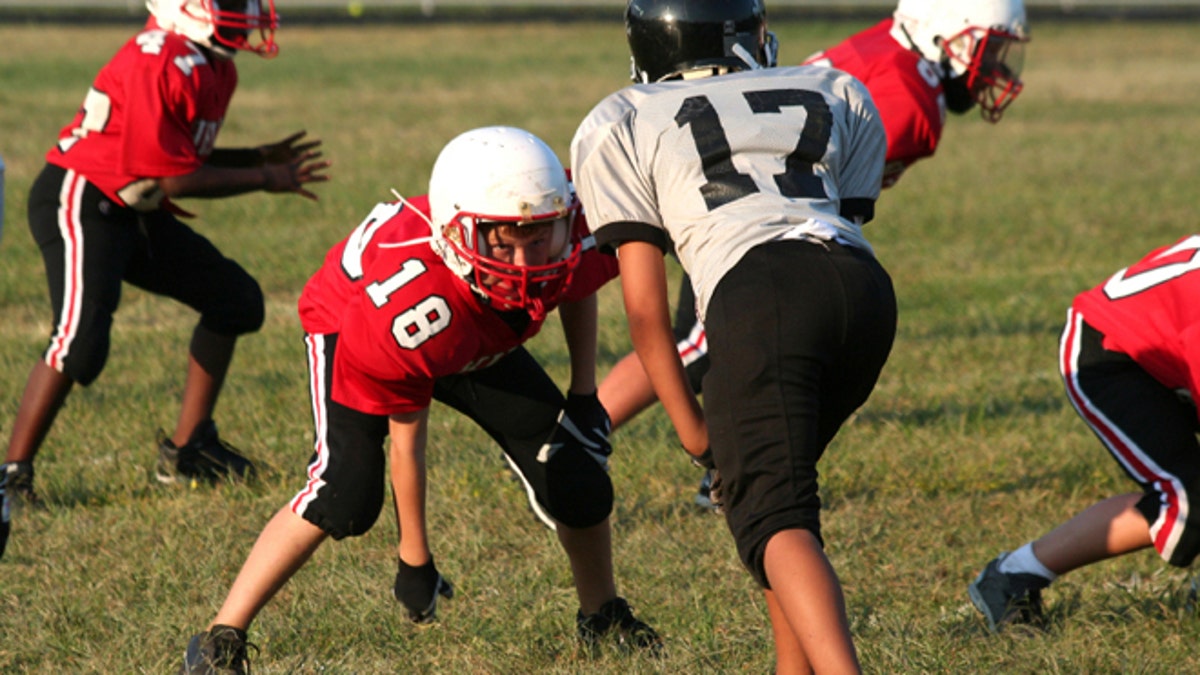
Competitive sports currently aren’t an option for children with Long QT syndrome, a heart rhythm disorder, but a new study has found that athletic participation may be safer for these children than originally thought, MyFoxDetroit.com reported.
Long QT syndrome, an inherited arrhythmia disorder, can potentially cause fast, chaotic heartbeats, which may trigger a sudden fainting spell or seizure, according to the Mayo Clinic.
"I think the study adds some fuel for debate," study author Dr. Peter Aziz, a pediatric cardiologist at Cleveland Clinic Children’s told My Fox Detroit. "At least to the current guidelines in that sports participation shouldn't be excluded for everybody that has Long QT syndrome. We think that there are some patients that can participate safely, based on growing evidence now."
Researchers studied more than 100 children with the syndrome and allowed them to play— with an extensive management plan in place. The plan involved medication, communication with coaches and parents, and a defibrillator at every game and practice.
The children were followed for an average of seven years, during which time no cardiac events or deaths occurred among participants. Long QT syndrome can cause sudden death when a person’s heart beats erratically for a long period of time.
Aziz noted that more research is needed.
"We're not saying that this is a 'one size fits all,'" Aziz told the news channel. "Every Long QT syndrome patient is free to play sports. It should still be under the guidance of a doctor, or an expert that understands what the risks are, but if you do and the patient behaves and follows what we think is a good treatment strategy, we think that the risk is low, certainly lower than we thought in the past."
According to the Cleveland Clinic, Long QT syndrome occurs is about one in 5,000 persons in the U.S.








































